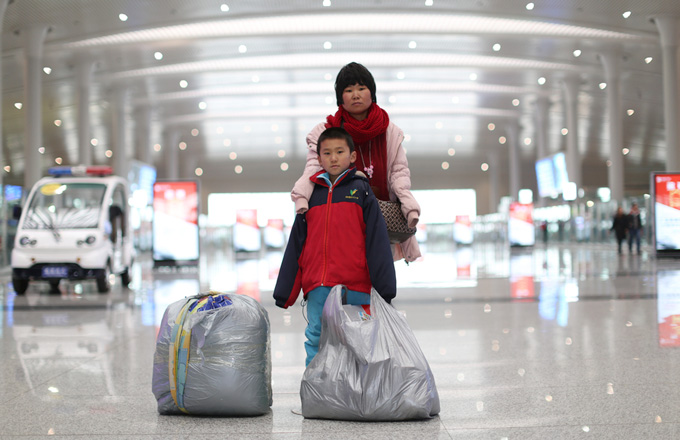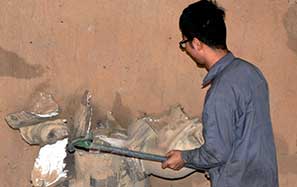S. China Sea threat a lesson, experts say
With US secretary of state nominee Rex Tillerson threatening to make trouble for China over the South China Sea, observers said Beijing should continue its buildup in the area and tighten relations with countries involved in the area's territorial disputes.
China, which remains firm on its territorial rights, also should approach the incoming administration of US president-elect Donald Trump through all available channels to control differences and manage any potential crises, they said.
At a confirmation hearing at the US Congress on Wednesday, Tillerson, the former Exxon Mobil chairman and CEO, said China's access to the islands is "not going to be allowed", after he was asked if he supported a more aggressive posture toward China.
In response, Foreign Ministry spokesman Lu Kang said on Thursday that the tension in the South China Sea "has cooled down", and China and countries in the area have returned to two-way talks.
It is hoped outsiders to the region will "respect this consensus" on bilateral talks, Lu said. He added that he will not comment on hypothetical questions when asked how Beijing would react to the United States blocking access to China's islands.
Zuo Xiying, a research fellow at the National Academy of Development and Strategy at Renmin University of China, said Beijing "should continue the needed buildup there — including administrative and defense measures — and clearly tell Washington that it will not back down on this matter of territorial sovereignty".
While the Obama administration preferred to pressure Beijing with the rule of law, US military threats against China in the South China Sea may increase this year, Zuo said. "Both sides should fully manage potential crises by better using existing communication channels and institutions to avoid an accidental clash," he said.
Jonathan Pollack, a senior fellow at the John L. Thornton China Center of Brookings Institution, said of Tillerson's testimony, "Such strongly worded complaints directed against China suggest that US-China relations could be entering a much more contentious phase as the Trump administration assumes power."
Zuo Xiying said China should cement ties with Southeast Asian countries involved in the dispute to "diminish the legitimacy of US meddling" in the area.
Wu Shicun, president of the National Institute for South China Sea Studies, said it is time for China to increase political mutual trust with members of the Association of Southeast Asian Nations and "work on the weak link, two-way security cooperation".
"There are still some strategic doubts or security concerns about China among some countries along the sea. … ASEAN's increased sense of security will help reduce doubts about China," Wu said.
Contact the writers at [email protected]





















